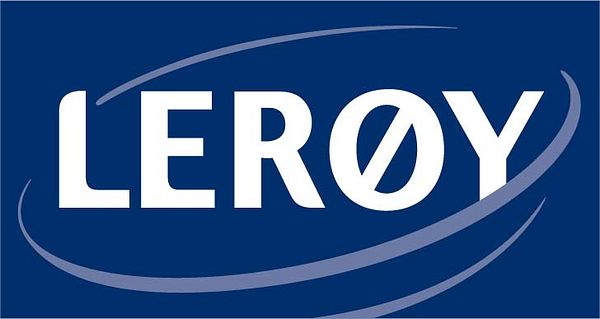News -
Sustainable food production for the future
With a growing world population and climate change, the world needs area effective and energy effective protein production, with low use of fresh water and not at least with a low carbon footprint. Lerøy Seafood Group ASA strives to achieve exactly that.
As one of the largest seafood companies and the second largest salmon and trout producer in the World, Lerøy Seafood Group has chosen to adopt seven of the 17 UN Sustainability goals. This time Lerøy wants to focus on the SDGs #2 Zero Hunger, #3 Good Health and Well-Being, #12 Responsible Consumption and Production and #13 Climate Action.
These and UN SDGs #8 Decent Work and Economic Growth, #14 Life Below Water, #17 Participation for the Goals, are incorporated with internal goals established for these areas in the underlying companies.
Reuters: Lerøy Seafood Group - Sustainable Food Production For The Future from Lerøy Seafood on Vimeo.
# 2 Zero Hunger
The world’s population is expected to reach nearly 10 billion by 2050. That means that the food production will need to increase by 70 percent and the demand for protein is expected to double. At the same time status of the World fisheries today shows that 60 percent of the wild fish stocks are maximally sustainable managed and 33 percent overfished, leaving only 7 percent underfished. (FAO 2018)
Developing aquaculture, both in terms of sustainable volume increase and technology development can be a part of the solution to solve these challenges.
Aquaculture has:
- Less demand for arable land
- Lower emissions of greenhouse gases
- More efficient use of fresh water
- The most resource-efficient form of livestock production
#3 Good Health and Well Being
Good health is sustainable and important for a healthy quality of life, and both sustainability and health are essential for Lerøy. The company has therefore signed an agreement with the Norwegian Ministry of Health that implies services that will make it simpler for consumers to make healthy choices when buying food. The objective of the agreement is to improve public health and prevent lifestyle-related diseases, to be achieved by making healthy foods easily available and helping consumers make healthy choices when buying food.
#12 Responsible production and consumption
As a fully integrated seafood supplier, Lerøy can control and quality assure all its products throughout the value chain. Lerøy’s products can be traced back from origin to the finished product in the store.
Lerøy has a strict Code of Conduct that places requirements on their fish feed suppliers to ensure that the raw materials utilized in the feed can be traced and are managed properly. This means that the ingredients in the feed are ethically farmed, caught or harvested.
#13 Climate Action
Concerning climate gas emissions, sustainable managed aquaculture and fish farming is already among the best production of animal protein there is, but Lerøy is constantly looking for ways to reduce their carbon footprint even more. For example Lerøy is switching from diesel aggregates on the farming sites, to electricity. By the end of 2020 all their feed barges will run on electricity of on hybrid solutions. That alone will cut Lerøy’s CO2-emissions equivalent of 20.000 cars running on fossil fuel.
As a leading salmon and trout producer, and a leading wild fish company, Lerøy has already shown the willingness and the ability to lead when it comes to explore and choose sustainable solutions for the whole value chain.
Related links
Topics
- Industry, manufacturing
Categories
- un
- aquaculture
- development
- farming
- food production
- lerøy
- lerøy seafood group
- report
- salmon
- sustainable
- sdg
- sustainability
- future
- growth
